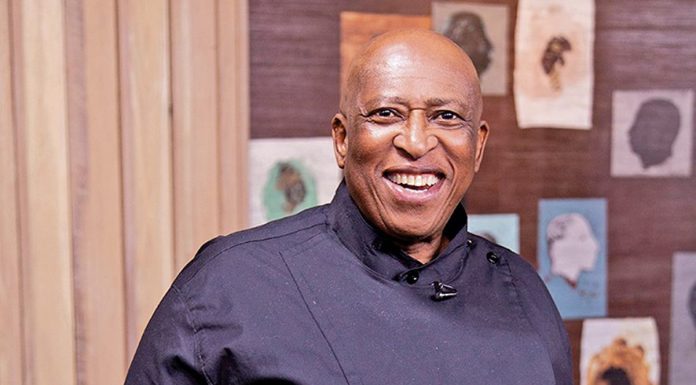Acclaimed novelist Zakes Mda has once again sparked a national conversation, this time about the future of South African literature and the plight of authors in the age of artificial intelligence.
The award-winning author revealed that several of his books, including Ways of Dying, The Heart of Redness, The Madonna of Excelsior, The Whale Caller, She Plays with the Darkness, and Sometimes There Is a Void, were used to train artificial intelligence (AI) models without his permission.
Mda said he only recently discovered the extent of the use of his work after receiving a letter from his London agents regarding a major lawsuit in the United States, Bartz v. Anthropic, which authors won in September 2025.
The class-action suit, filed against the AI company Anthropic, accused it of using copyrighted books without authorization to train its large language models.
“The settlement agreement was preliminarily approved last month,” Mda reportedly said.
Financial redress a moral victory
“It would see authors whose US publications were used to train AI models receive a share of $1.5 billion. Whereas the newspaper article had only mentioned Ways of Dying, it turns out that six of my novels were used and I was none the wiser.”
While the payout is shared among hundreds of writers and will not make him a billionaire, Mda said it represents an important moral victory. “At least, however little, I will be compensated for each of the books that were used. Damn! I didn’t know of my contribution in the development of AI,” he wrote.
But beyond his personal gain, Mda raised a critical question that resonates across South Africa’s literary circles: what about local writers whose works may have been used without consent but were published outside the US legal framework?
“You can’t tell me that these AI developers only used books published in the USA,” Mda argued. “Does South African law allow South African-based writers to fight for their intellectual property rights in South African courts? Or does the so-called ‘fair use’ doctrine leave them out in the cold from enjoying the fruits of their labour?”
His recent comments touch on growing concerns within the creative industry about AI’s impact on copyright, artistic integrity, and fair compensation. While the US recognizes fair use provisions allowing limited use of copyrighted material for research and innovation, South Africa’s Copyright Act does not yet have clear guidelines addressing AI-generated works or data training.



